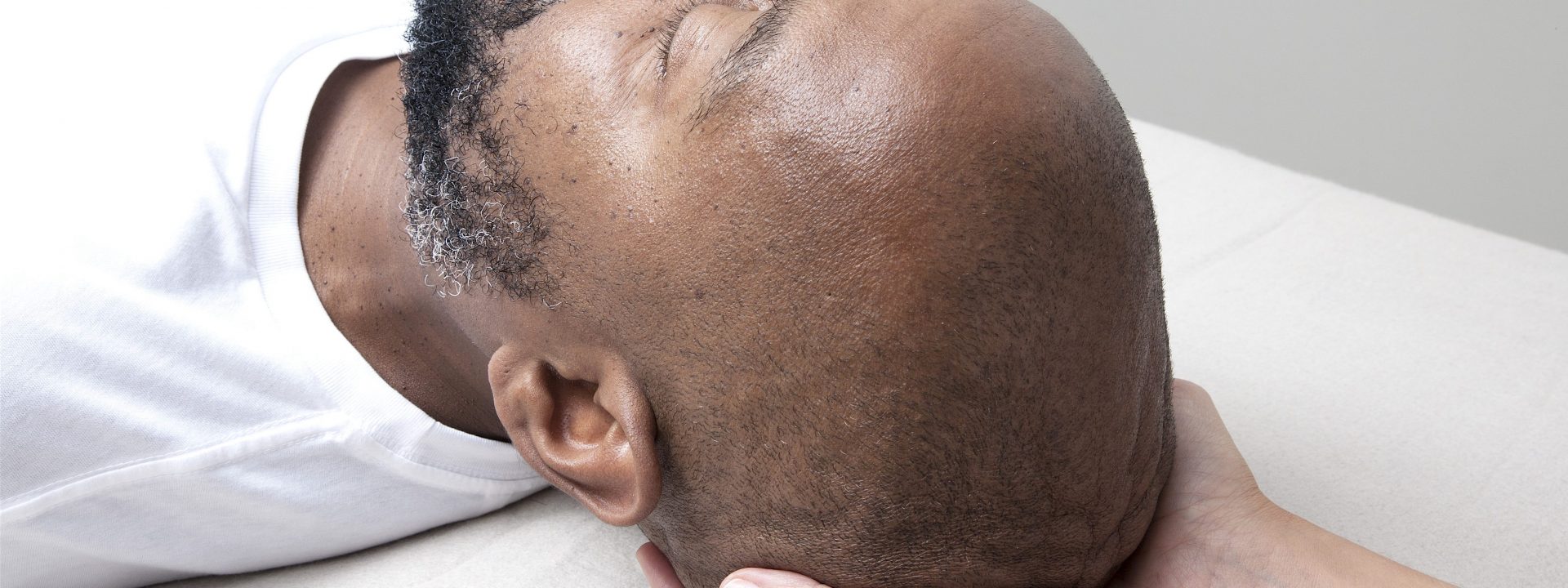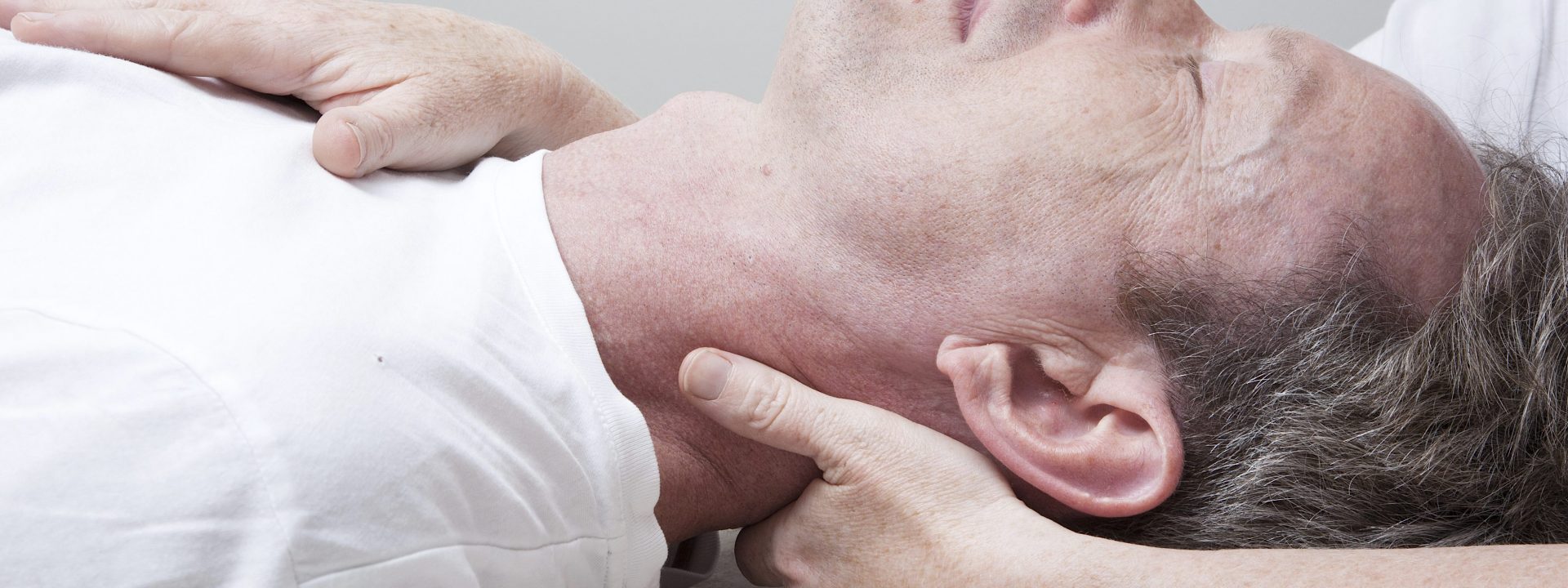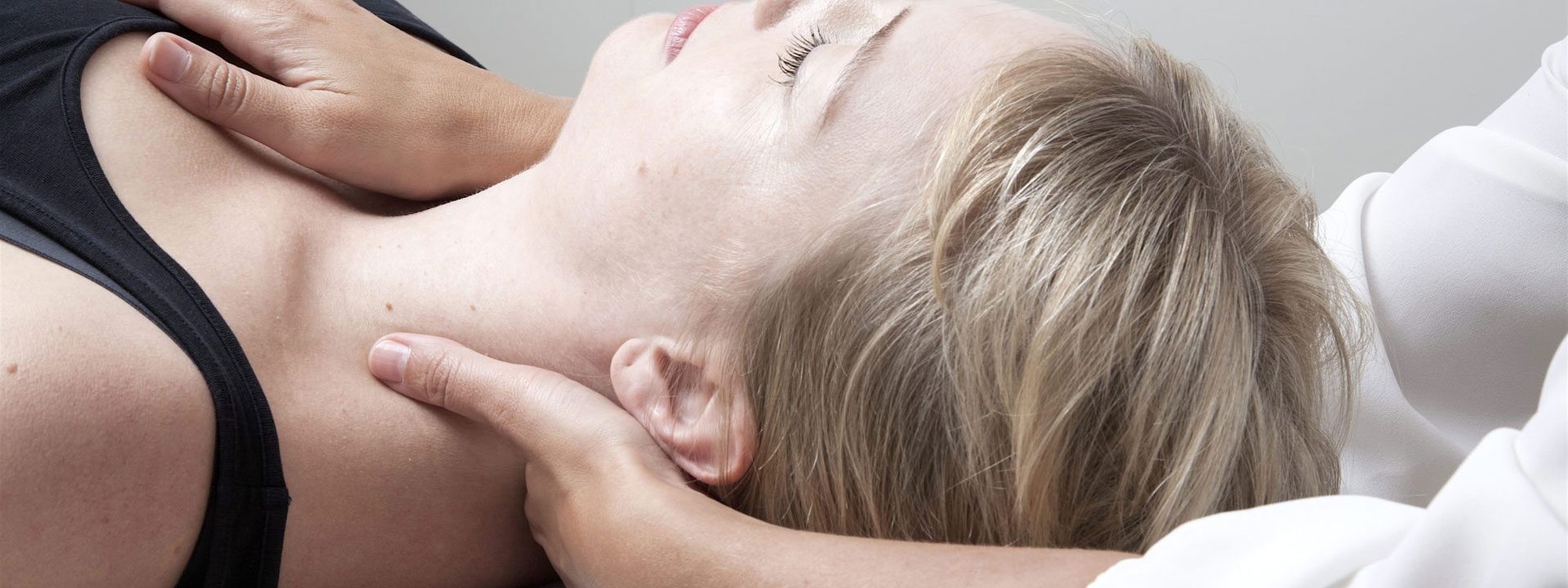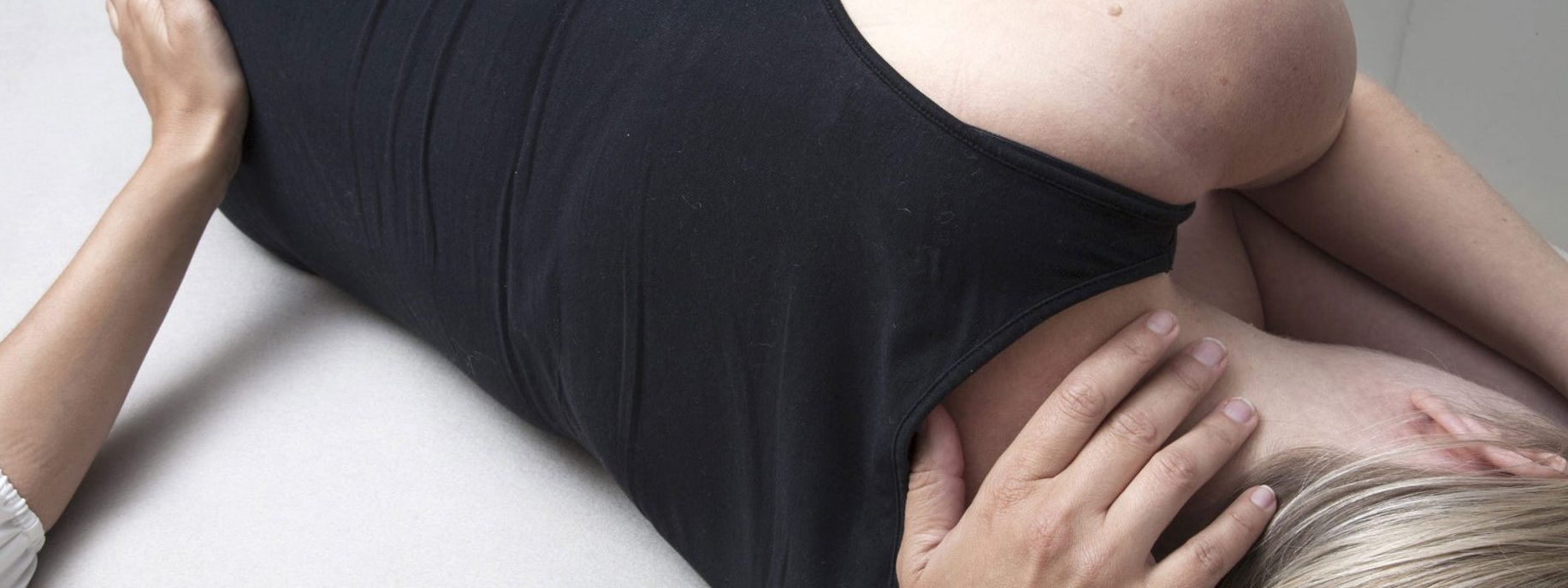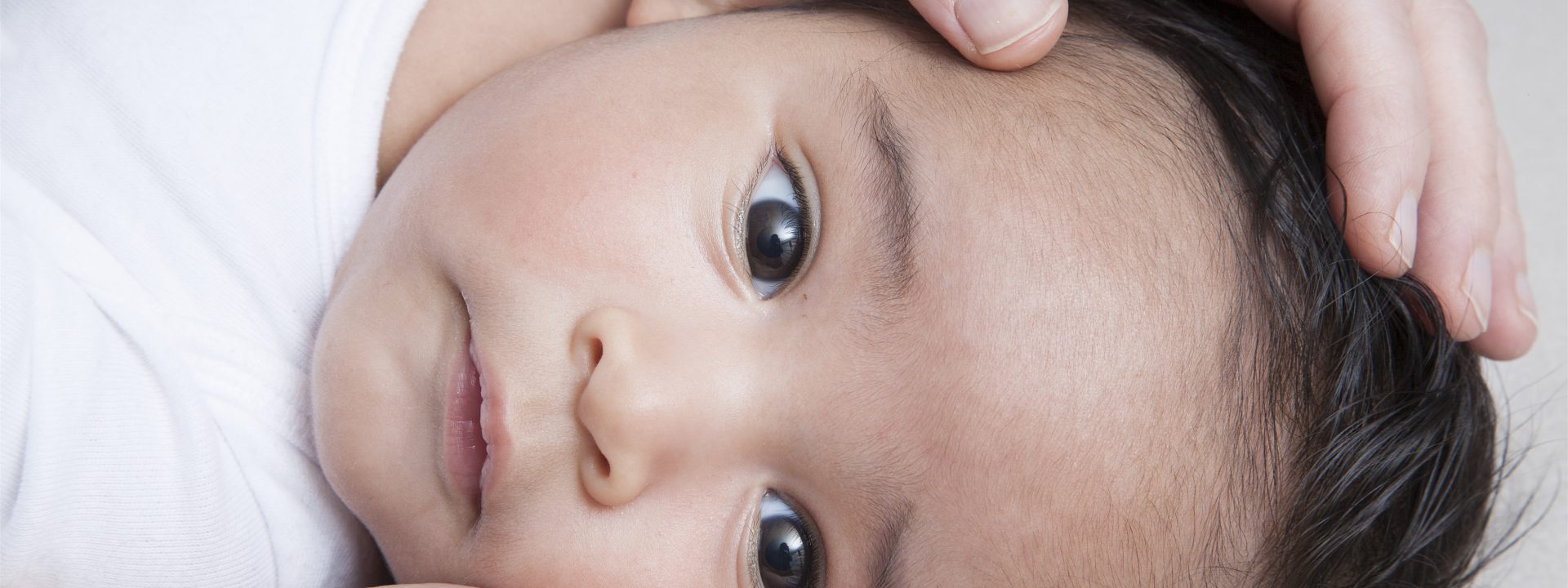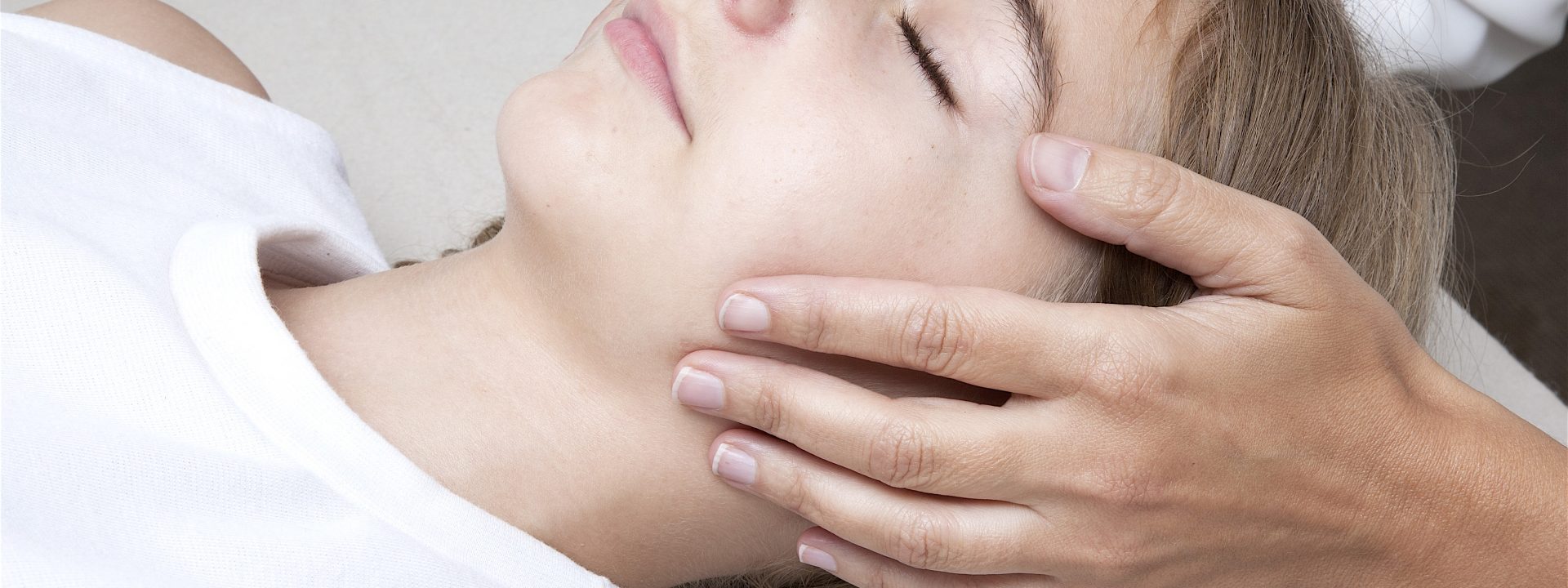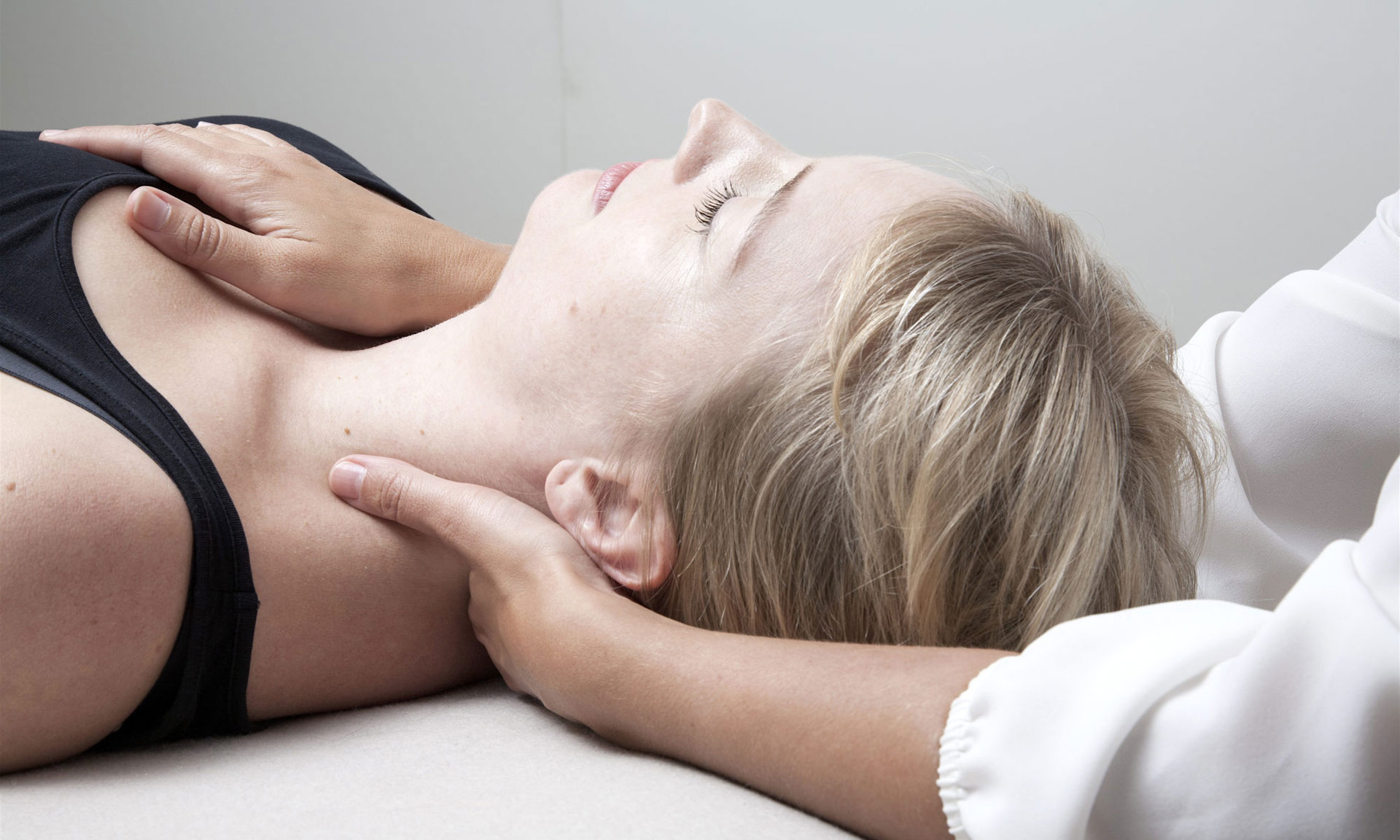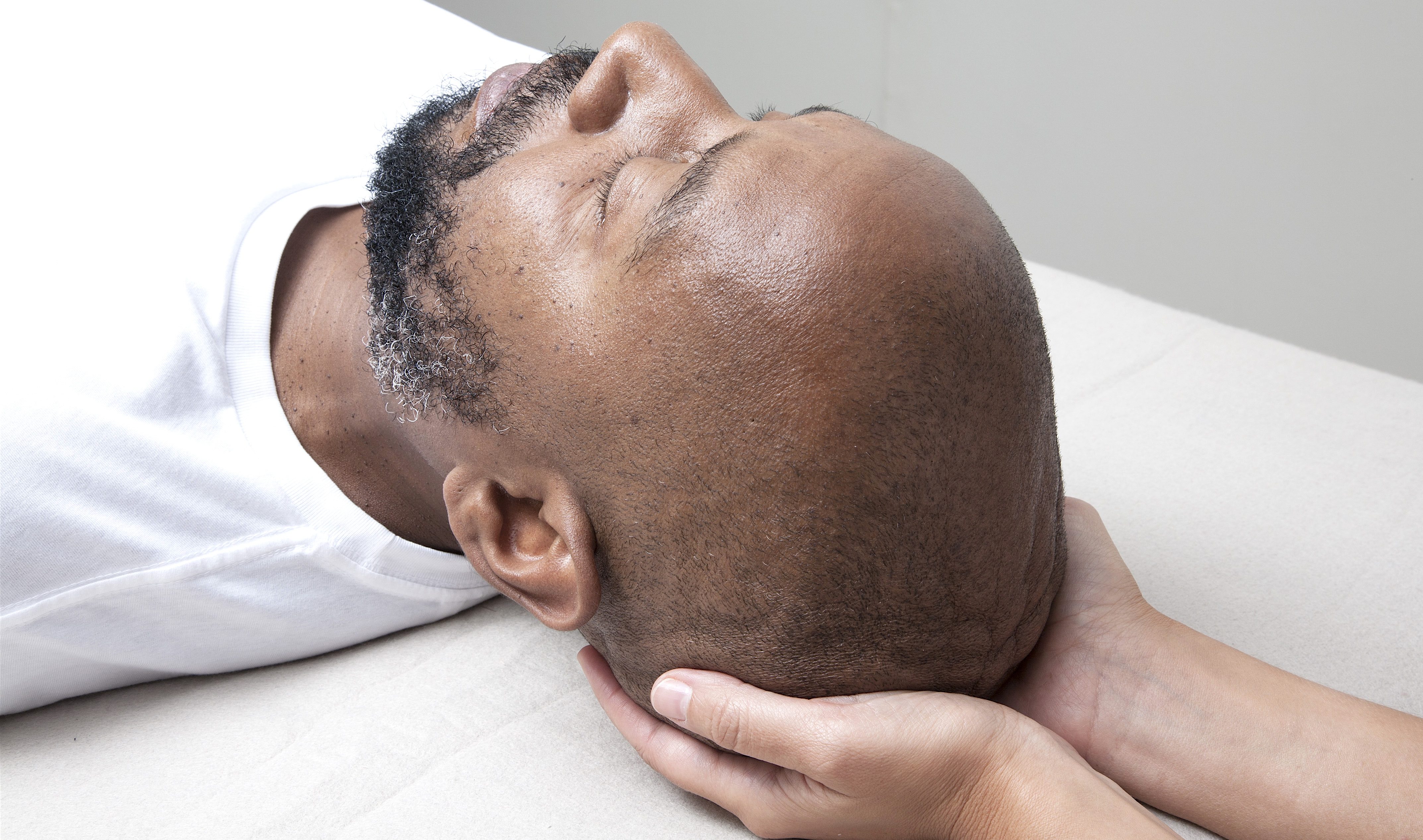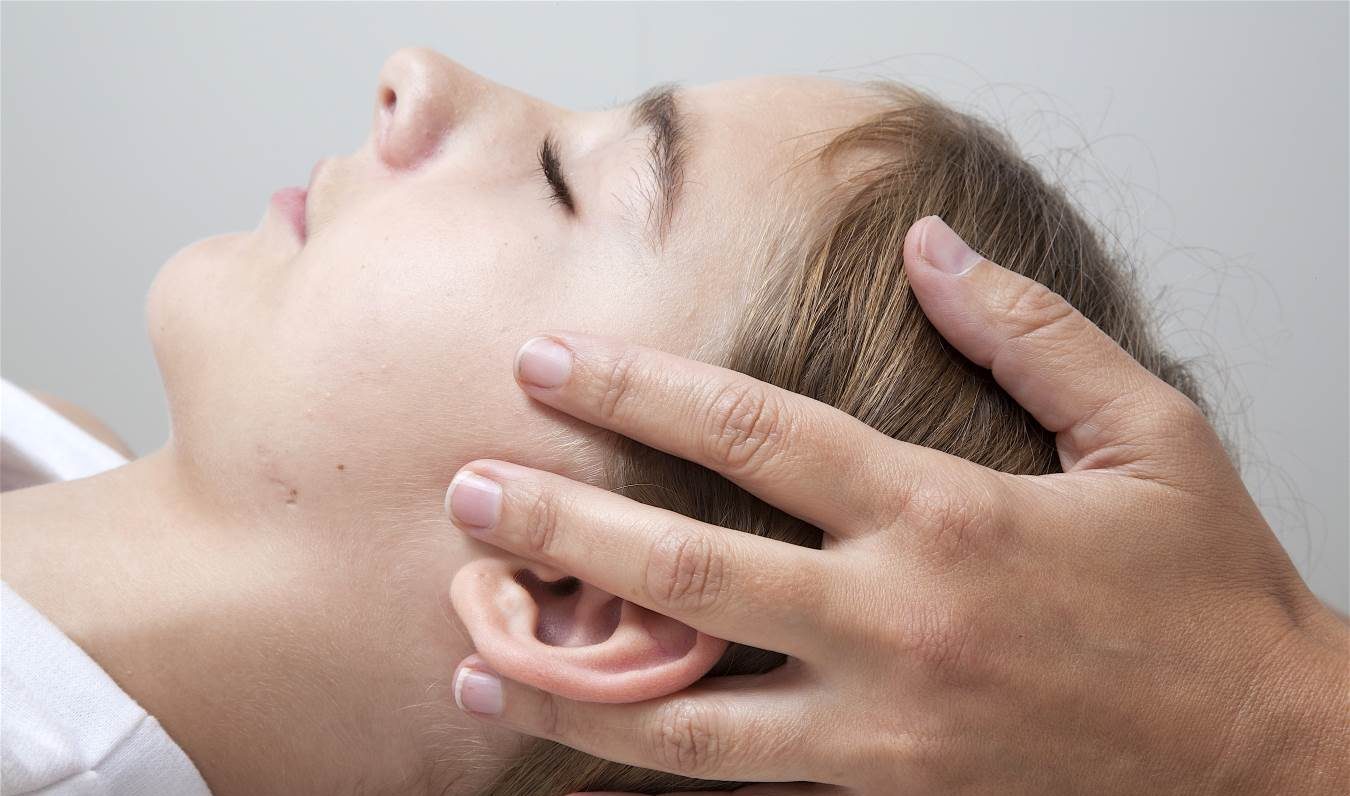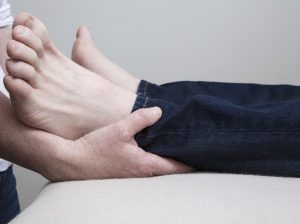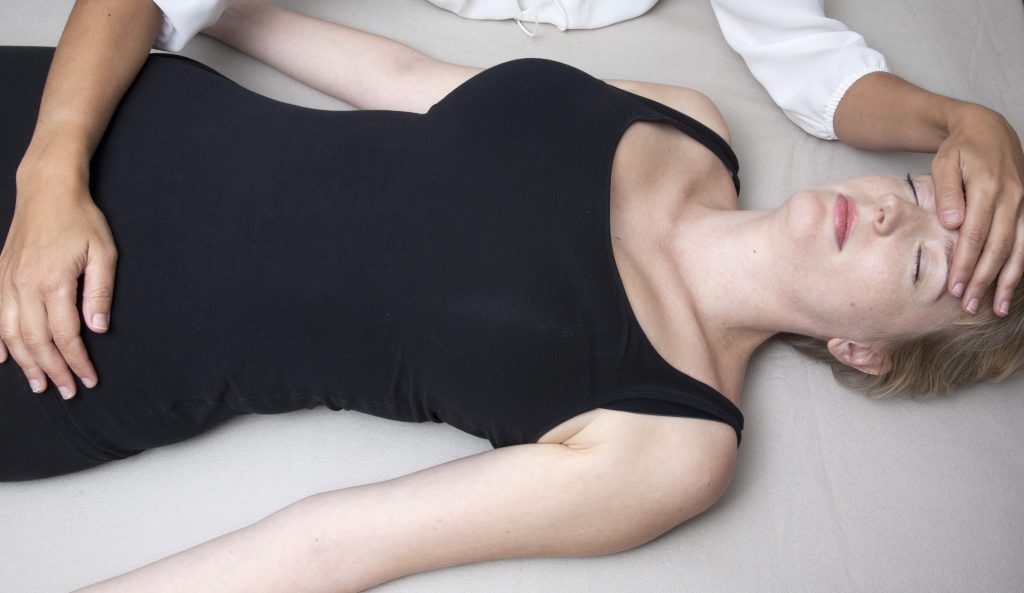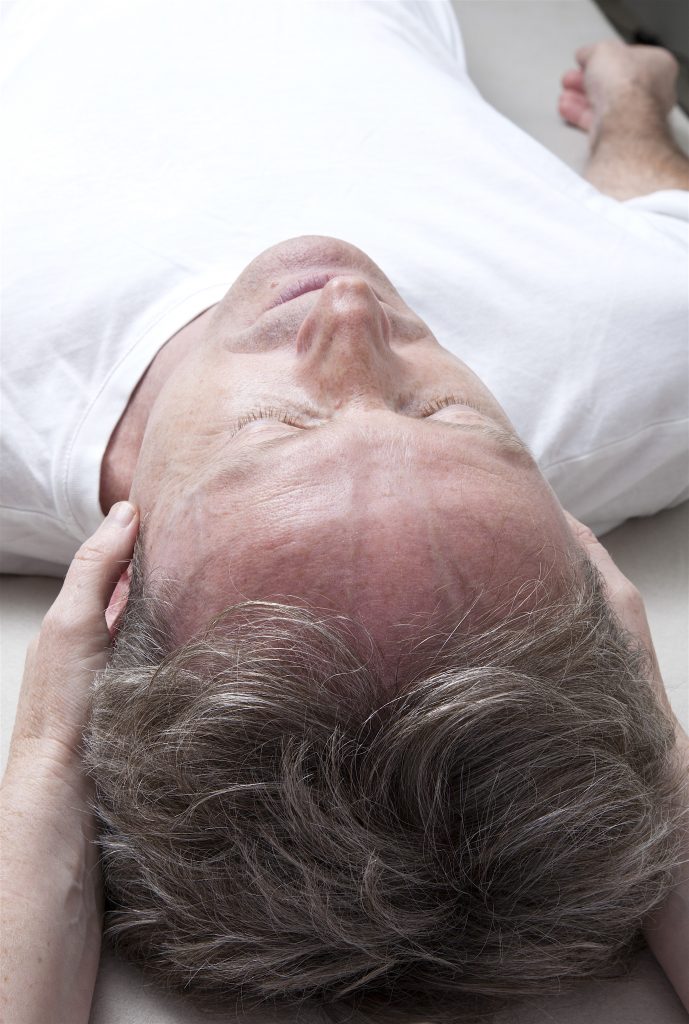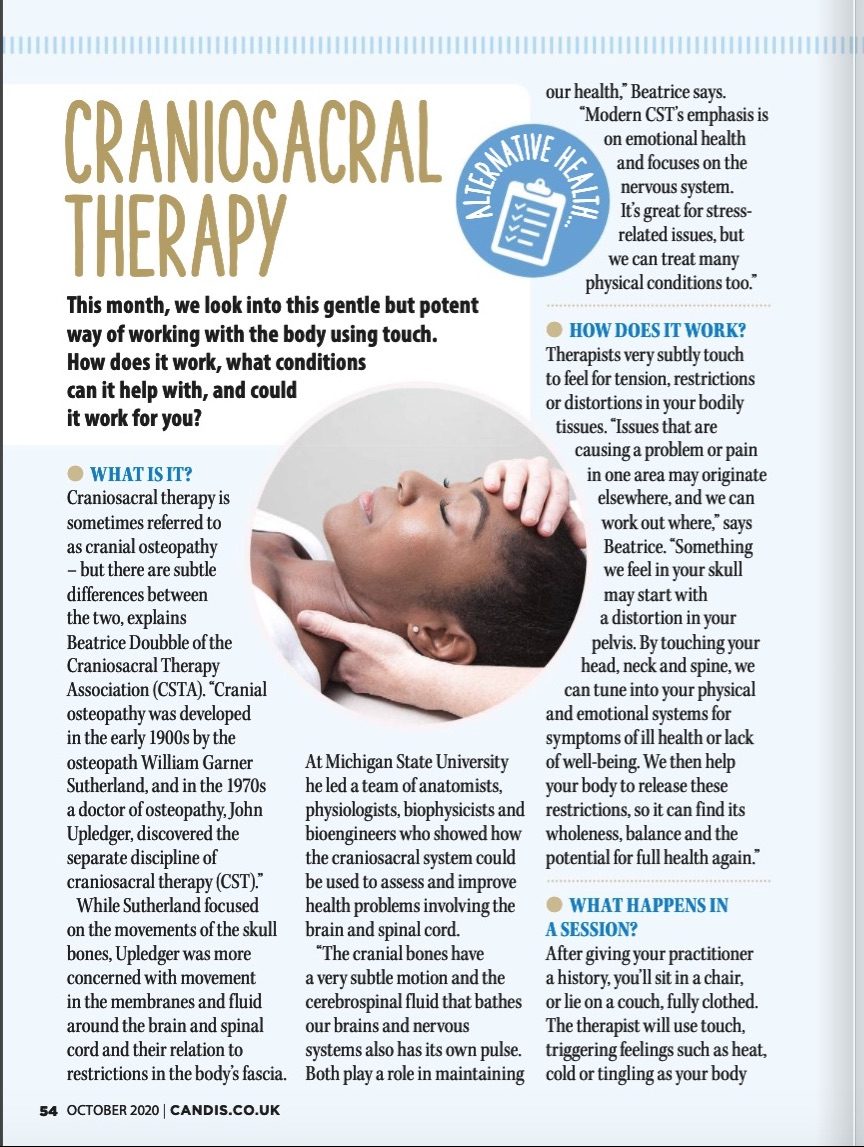Welcome to the website of the CSTA, the leading accrediting body for craniosacral therapy in the UK.
Craniosacral therapy (CST) is a gentle but potent way of working with the body using a light touch. It supports your body’s innate ability to balance, restore and heal itself as well as helping to reduce stress and build underlying energy. It is suitable for everyone, from newly-born babies to the elderly.
Why choose a CSTA-registered practitioner?
Many people do not realise that in the UK almost all complementary therapies, including craniosacral therapy, are not subject to statutory regulation but rely on voluntary self-regulation. This means that if a practitioner is not a member of a reputable regulatory body, they do not have to meet any requirements in order to demonstrate that they are competent and safe to practise.
The CSTA sets the highest UK standards of training and ongoing development for its practitioners. These include: the length and scope of the initial training; requirements for continuing professional development and supervision; being bound by our Code of Ethics and Standards of Practice; keeping up-to-date with legal obligations. As a regulatory body, adherence to these standards is backed up by our complaints process.
CSTA-registered practitioners are listed in our directory and you can be assured of their commitment to meeting our professional standards.

